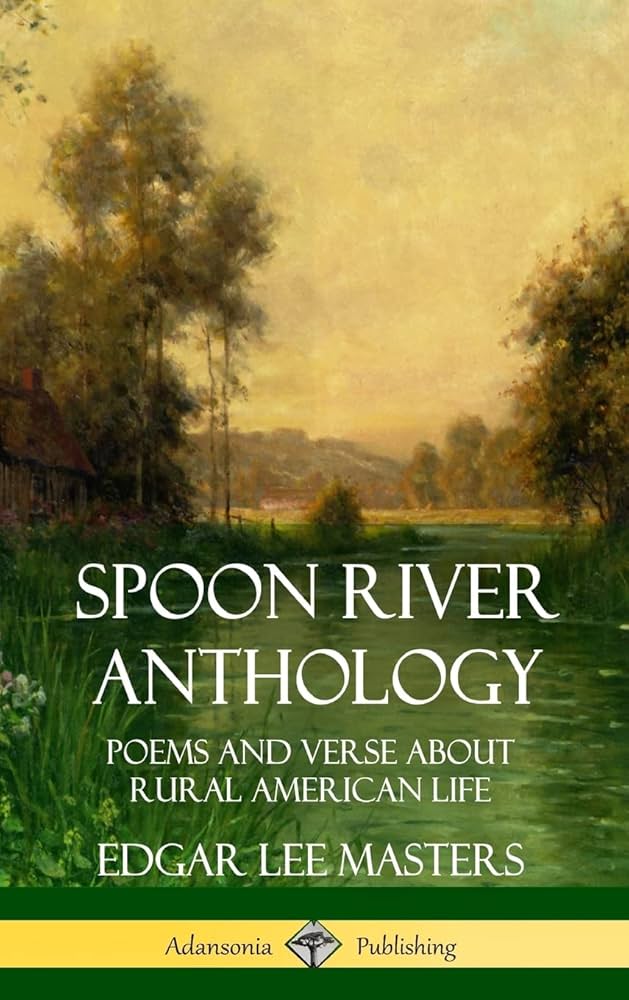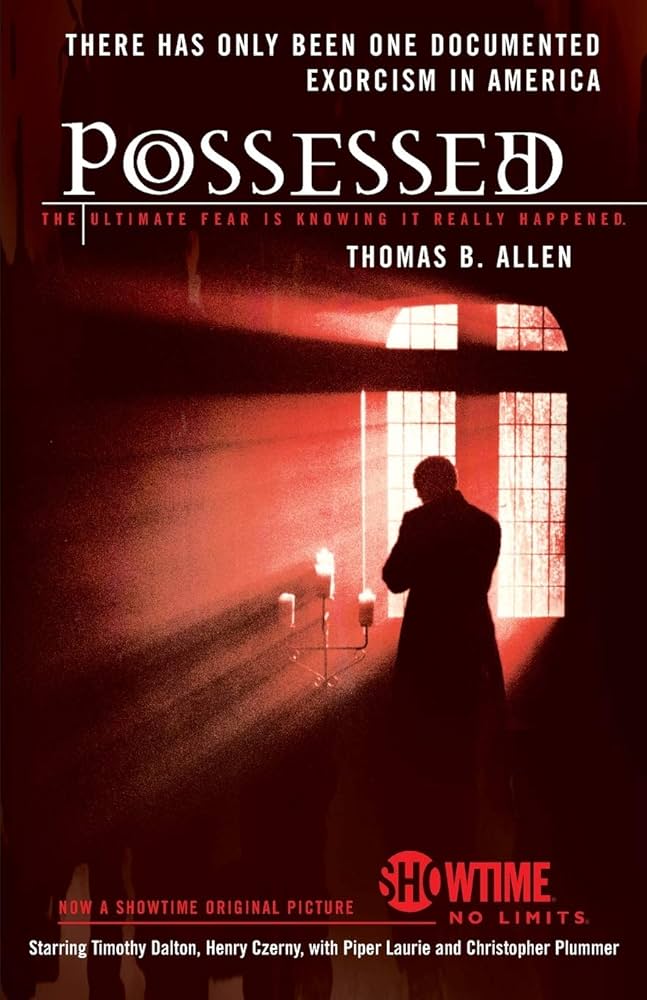Imagine coming back from out of your tomb to tell someone your life story; now, imagine a whole bunch of people doing that as well! Hope. Struggle. Defeat. Victory. Loss. Gain. How would, if time is granted permission to visit, you tell your story of how your life was? What improvements would you have made? What could you have done differently? Would it matter? Now, take all of this rumination and present it to the public in verse! What you get is a remarkable and fresh perspective of life from the eyes of death.
To demonstrate this purpose further, Masters paints us a tour of all the human emotions we are in possession of. Happiness. Sadness. Grief. Depression. Regret. Arrogance. Many of the characters in these poems are branded with colorful names such as Ollie McGee and Fiddler Jones; then you can also expand the poetical equation with persons such as Robert Fulton Tanner, Emily Sparks, and Cassius Hueffer. There is a clever mixture of perplexity and simplicity that is demonstrated throughout the entire collection of verse. Life in a typical American town is captured in the names and confessions of each soul that is laid to rest and willing to share his parable. The reader, however, must keep in mind that these sculptured epigrams are serving a purpose, one that may not be in sync with your liking. At first glance, you are confronted with a faceless crowd, each having a story that discusses and confesses the musings and mishaps of lives already gone by. But the impressions and lessons to be absorbed are what make their dead ‘voices’ so high in demand.
Let one consider the confession of “The Town Marshal”
“The Prohibitionists made me Town Marshal
When the salons were voted out,
Because I was a drinking man,
Before I joined the church, I killed a Swede
At the saw mill near Maple Grove.
And they wanted a terrible man,
Grim, righteous, strong, courageous,
And a hater of saloons and drinkers,
To keep law and order in the village.
And they presented me with a loaded cane
With which I struck Jack McGuire
Before he drew the gun with which he killed me.
The Prohibitionists spent their money in vain
To hang him, for in a dream
I appeared to one of the twelve jurymen
And told him the whole secret story.
Fourteen years were enough for killing me.”
For Master’s, abuse of power and corruption is what every local town and magistrate are famous for. This poetic scene is not composed out of accident; on the contrary, it is a display of the shortcomings of human pride and doubt of fellow man. However, there is also a fruitful twist and turn to a more jovial side of life with the eccentricities of ‘Fiddler Jones’, who offers a more consoling perspective for us by saying “And I never started to plow in my life/That someone did not stop in the road/And take me away to a dance or picnic./I ended up with forty acres/; I ended up with a broken fiddle/And a broken laugh, and a thousand memories/And not a single regret.”
The personal and the professional are equally celebrated in this poetic discourse. Masters devoted full attention to the mundane as well as the talented. From judges, lawyers, bankers and teachers, to drunkards, outcasts, criminals, and prostitutes. One of the most effective vistas in this composition is offered by “Cassius Hueffer” with his harsh admonishment that all may not be what it seems to you, especially when one is discussing the situation of other folks:
‘They have chiseled on my stone the words:
“His life was gentle, and the elements so mixed in him
That nature might stand up and say to all the world
This was a man.”
Those who knew me smile
As they read this empty rhetoric.
My epitaph should have been:
“Life was Not gentle to him,
And the elements so mixed in him
That he made warfare on life,
In which he was slain.”
While I lived I could not cope with slanderous tongues,
Now that I am dead I must submit to an epitaph
Graven by a fool!’
While the poem is remarkably pessimistic in tone, it is a grim reminder of the harshness and brutality that many of us endure in our own lifetimes. The struggle of a good life or bad, is the obsession of the presentation for the poet. Albeit the poems are in simple language, their lessons on circumstances and time are violently accurate and believable. Each person represented is ferocious in his delivery on perspective; it has to be this way. There are lessons for the reader to absorb. Historical interpretation is ancillary for the more obvious motive; this work is not a collection of dead names and epitaphs. It is a vibrant and instructional paradigm for the living. Observe who you trust and share your life with. Cultivate your passions with careful choices and trustworthy instincts. Although the ‘better’ life is always seen on the horizon, it is in the moment where one needs to arrive on contented terms with. While the many suggestions of prosperity and psychological insight are infused with exaggeration and melancholy, there is an abundance of cheery and enticing advice that the reader can heavily rely upon.
The structure and organization of the poems are impressively designed to enhance the reader with simple mechanics of syntax that are less strident than that of other poets such as Ezra Pound or T.S. Elliot. While many representatives of human experience are present, the poems gravitate, monstrously, into a collective view of a typical American town. All the stories contained are what one would find in any town of his choice to visit. Master’s has painted a typical American landscape with poetical verse, free spirited emotion, and intense but supervised ambiguity. The lessons, revealed to us from unadulterated opinion and luminous commentary, are religious in their suggestions and continual in their proportions. Both great and small nuances are carefully embroidered upon the conscience of human pertinacity. 
© 2024, Mark Grago. All rights reserved.




